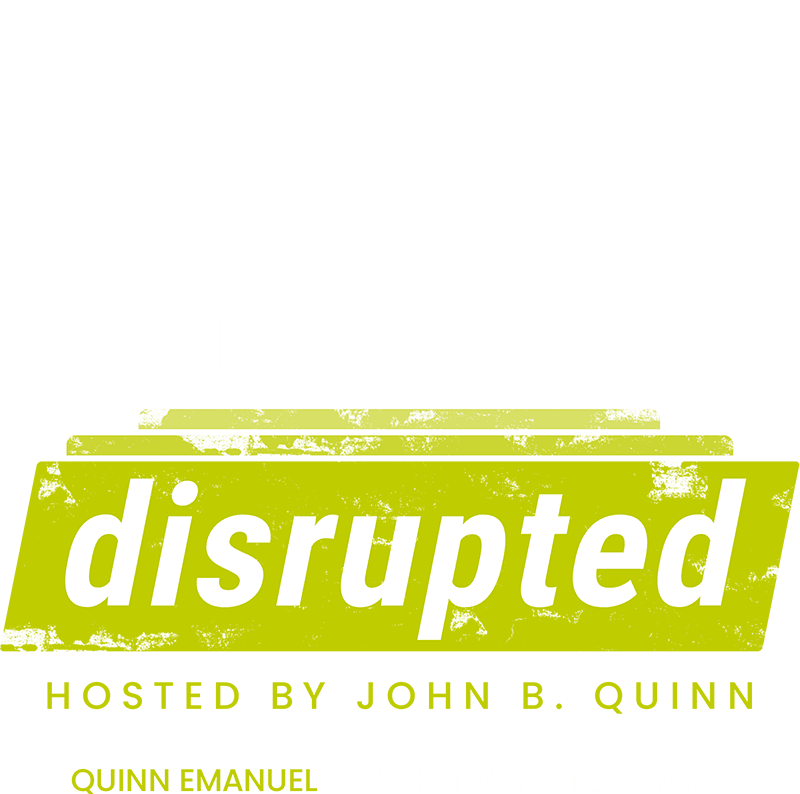Episode description:
John is joined by Michael Gottlieb, partner in the Washington D.C. office of Wilkie Farr & Gallagher, and Nicholas Reddick, partner in the San Francisco office of Wilkie Farr & Gallagher. They discuss the landmark $1.1 billion judgment Michael and Nicholas obtained against the Islamic Republic of Iran, on behalf of U.S. service members and civilians harmed by Iran-backed terrorist groups and the legal framework for suing state sponsors of terrorism and private organizations that support them. Claims against sovereign states are based upon the Foreign Sovereign Immunities Act (FSIA). FSIA claims require plaintiffs to prove that the foreign sovereign materially supported acts of terrorism, often through militia groups operating in conflict zones. The process is complex and time-consuming. Although Iran never appears to defend these cases, plaintiffs must still prove liability and damages with admissible evidence, often obtained through Freedom of Information Act requests, military reports, and expert testimony. Because such judgments are rarely enforceable against Iran’s frozen or inaccessible assets, successful plaintiffs must seek compensation through the U.S. Victims of State Sponsored Terrorism Fund, which draws from congressional appropriations and settlements from unrelated sanctions violations. Payments from the fund are made annually and prorated based on judgment size, but disbursements have been inconsistent. Recent developments, including circuit court rulings and a pending Supreme Court case, may reshape key legal standards for FSIA claims, such as the requirement of an actual death for certain terrorism-related claims. Several new legislative efforts seek to expand the cases that may be brought under the FSIA and increase the funds allocated for compensating victims. Claims against private entities such as banks, contractors or companies that evaded sanctions rely upon the Anti-Terrorism Act (ATA). Many such cases are currently being litigated. ATA claims require proof of the defendant’s material support and knowledge of terrorist outcomes. The defendants in ATA cases are likely to appear to defend against the claims, but only after the plaintiffs navigate complex issues of jurisdiction and service of process.
Published: Apr 25 2025











